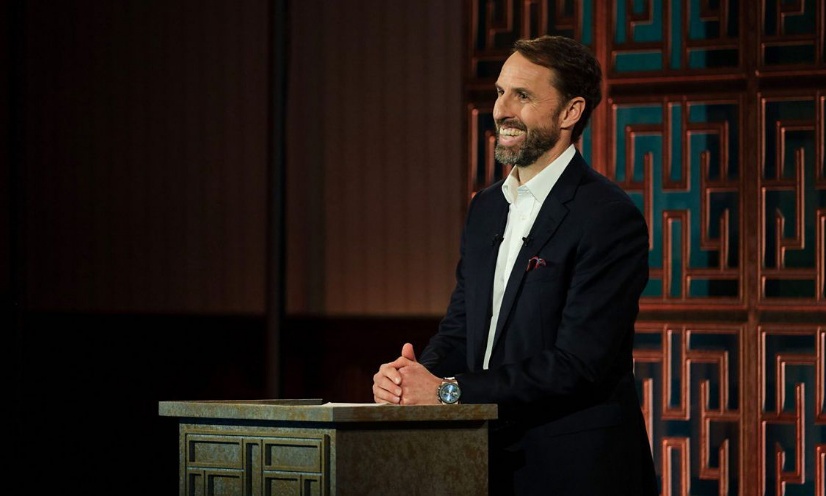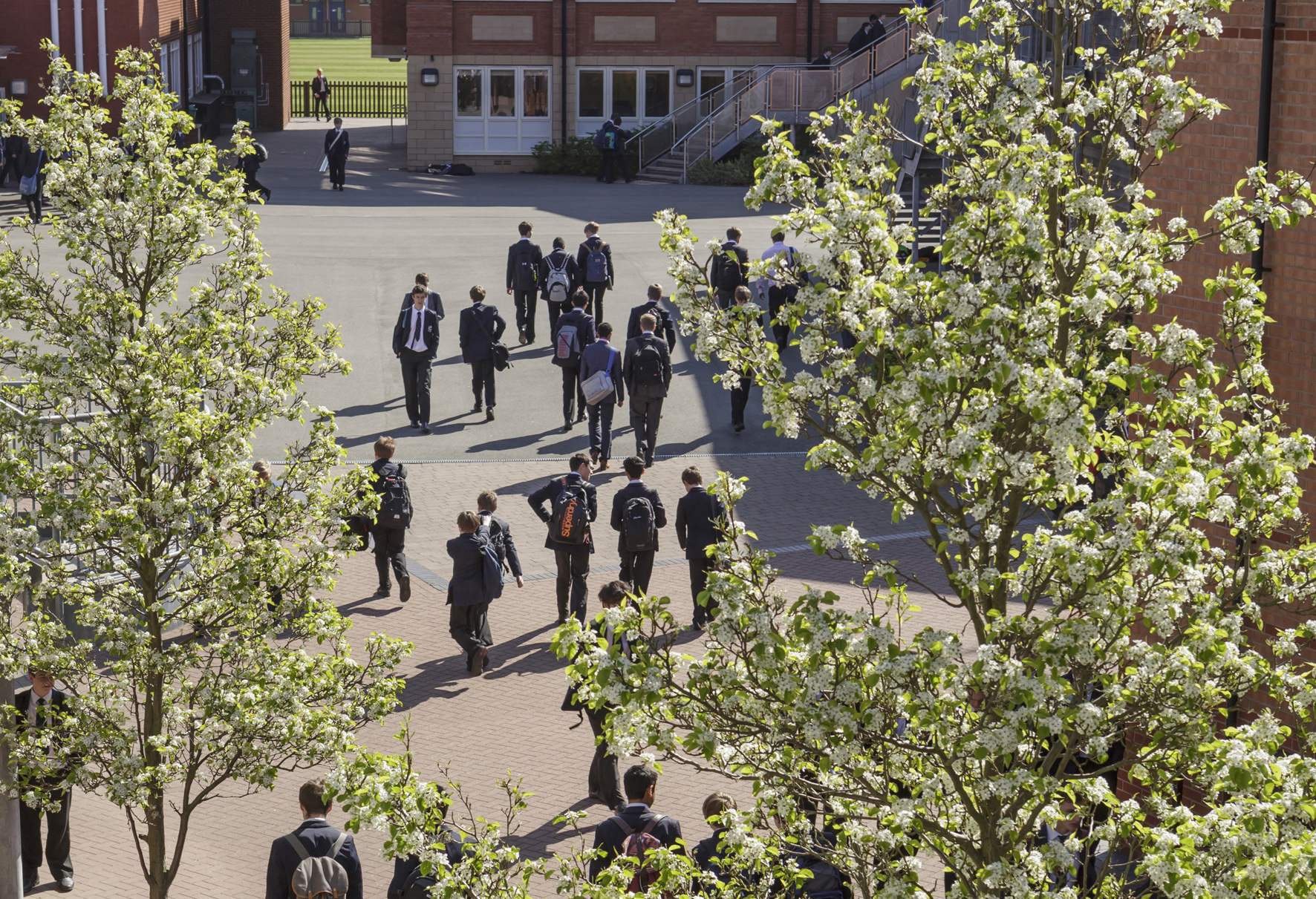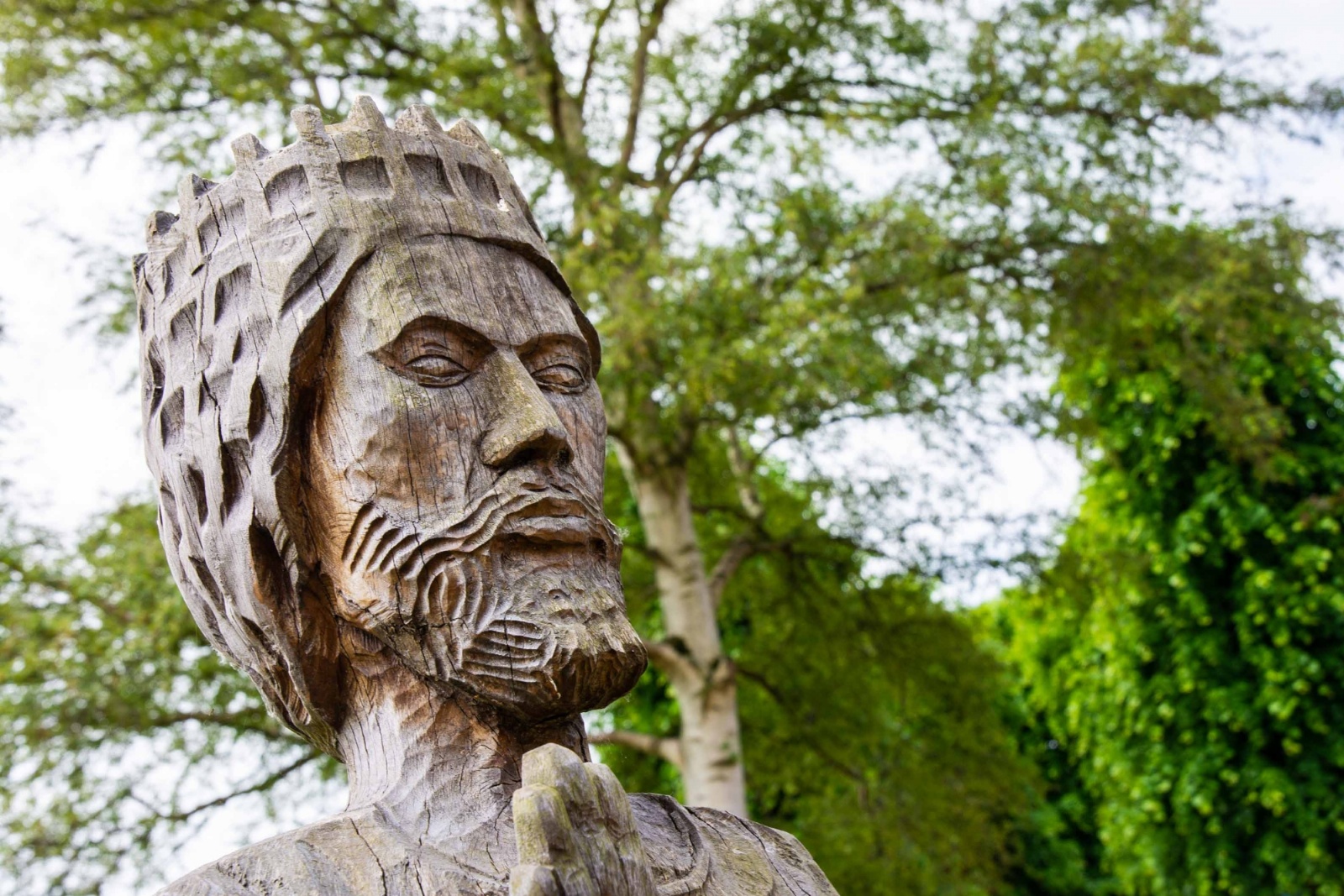Building resilience, identity and the power of role models

The Dimbleby Lecture is an annual television lecture founded in memory of Richard Dimbleby the BBC journalist and broadcaster.
Over the years it has been delivered by influential business, scientific, political and artistic figures - including former President of the United States, Bill Clinton, inventor of the World Wide Web, Tim Berners-Lee, founder of Microsoft, Bill Gates, and biologist and author of the God Delusion, Richard Dawkins. The subject of the lecture usually links to the specialism of the speaker. So, this year’s choice of former England manager and international footballer Gareth Southgate was on the surface, a left field selection.
Toward the end of his tenure as England manager, Southgate was criticised for the team’s conservative style of play and perceived underperformance. That this criticism was levelled at a manager and team who were the only nation to reach the quarter-finals of the last four major tournaments and had made England’s first major final since 1966 is - on the surface -surprising. In truth, few experts would claim that Southgate’s success came from revolutionary tactics or technical mastery of the game. The criticism was a product of (unreasonably) elevated expectations and increased belief in the national team built through something far rarer than a deep understanding of the beautiful game: leadership based on humility, emotional intelligence, perseverance, and a commitment to building a culture of respect and responsibility. He brought together players from different backgrounds, united them around shared values, and created an environment where they could thrive — not just as athletes, but as young men representing their country with dignity. Gareth Southgate’s football story reminds us that success in any field — sport, school, life — is about much more than just technical skill. It's about character. It's about how you respond to setbacks, how you treat others, and how you carry yourself when the spotlight is brightest, and the pressure greatest. That’s why, when Gareth Southgate speaks about building belief and resilience in a younger generation, it’s worth listening to.
Like the majority of those before him, Gareth Southgate chose to draw on his specialist field and experience in his Dimbleby lecture and shared a series of lessons - not just lessons about football, but lessons about life, character, and what it means to grow into the best version of yourself in today's world.
Southgate began with the story of two penalties: the first missed in 1996, and the second scored by Eric Dyer against Columbia to earn England a place in the quarter-finals of the 2018 World Cup. What connects these two moments is not technical skill – both of the protagonists were brilliant team members, but neither was one of the team’s superstars or a regular penalty taker — it's belief, resilience, and the courage to face failure without letting it define you.
At Euro '96, the nation was riding a wave of euphoria with only a penalty shoot-out separating the three lions from a final at Wembley against the Czech Republic, which they would begin as clear favourites. England and Germany both emphatically converted their first five penalties when a young inexperienced defender, whose appearance in the first game of the tournament was only his fifth international cap, stepped up to take the first sudden death penalty. Southgate’s spot-kick was saved by Andreas Kopke, whose namesake Moller scored and ruined the party for a nation unprepared for the eventuality that after thirty years of hurt, football wasn’t – after all - coming home. Southgate went on to describe the pain — the feeling of having let down not only a team but an entire nation of 60 million. He also reminded his audience that failure is part of every meaningful life journey, and it is how we respond that matters.
At Warwick, we value perseverance — the resilience to keep striving, the humility to learn when things go wrong. Southgate’s story is a perfect example: rejected by Southampton at 15, told by a youth coach he had "no chance," he spent five hard years working towards his breakthrough. Not because success was guaranteed, but because he believed growth was possible.
Southgate went on to warn us that the challenges facing young men today are unprecedented:
- The isolation many feel;
- The pressures of curated perfection on social media;
- The erosion of positive role models;
- The rise of toxic online influencers selling distorted versions of masculinity.
And that consequently young men need real role models. Men of courage and character. Men who show that strength is not dominance, but responsibility; not bravado, but humility.
Matthew Syed, writing in The Times in response to Southgate’s lecture, developed this theme further. He says we are living through a "crisis of masculinity." For too long, there has been a shortage of positive male role models on the public stage. Consequently, young men are left adrift, vulnerable to the manipulations of callous social media influencers like Andrew Tait who offer a warped image of manhood - based on control, ego, and cruelty.
Syed argues that in the 1990s, figures like David Beckham – who, although not without fault, history has judged far kindlier than many of us did at the peak of his celebrity - provided a very different model: stylish but grounded, ambitious but generous, emotional but strong. Beckham showed young men that they could express themselves fully — with creativity, curiosity, and emotional intelligence — without sacrificing their masculinity. Today, Syed says, we urgently need new Beckhams — new figures of aspiration who model a healthier, more rounded version of what it means to be a man.
Young men are growing up in a world where character will be more important than ever.
Where responsibility for your choices, your influences, and your friendships will shape your future.
Where courage will be needed — not just to face your setbacks, but to stand up for who you are, even when it’s easier to conform.
In this context, Southgate offers three foundations for perseverance:
Identity:
Know who you are. Value your story, your background, your principles. Your true identity isn't a carefully edited online profile — it's built through daily choices, through curiosity, through embracing your strengths and acknowledging your weaknesses with humility.
Connection:
Real success depends on meaningful human relationships. Find role models you trust — here in school, amongst your family, your teachers, your friends. Be a role model yourself. Remember: true connection requires vulnerability and honesty, not just image and performance.
Culture:
You shape the environment around you. At Warwick, we ask pupils to set a culture based on our values, courage, creativity, curiosity, humility, perseverance and responsibility. Every interaction matters. When you show perseverance in the face of failure, when you choose encouragement over ridicule, you are creating a culture that builds people of character and allows yourself and others to thrive both now and in the future.
Southgate reminds us that success isn't just about lifting trophies. It’s how you respond to hardship. It’s how you treat others. It's the perseverance you show when the easy option would be to give up, or to lash out. It is also about responsibility — the responsibility — to be a role model for others.
So, please remind your sons: each of them will face their own "penalty moment" — a moment when their perseverance and character will be tested. In those times, it is vital that they don’t forget Gareth Southgate’s message: true success isn’t defined by the applause or the scoreboard. It’s about standing firm in your identity, seeking meaningful connections, and shaping the culture around you by living the values you hold. Encourage them to be the role models the world needs — defined not by ego or status, but by the strength of their character. It is by becoming that person that they will be truly successful.











